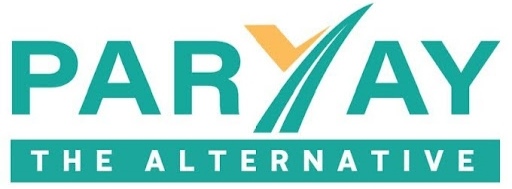PIONEERS OF ALTERNATIVE EDUCATION
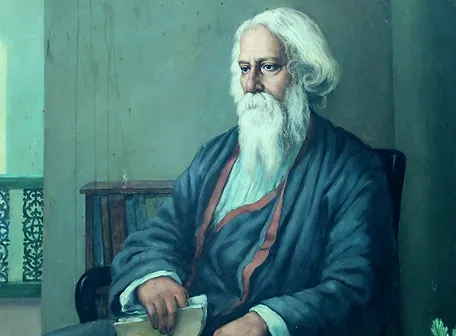
Poet, Philosopher
Rabindranath Tagore
One of India’s most beloved poet, writer and artist Rabindranath Tagore has a unique perspective about education. A happily ‘unschooled’ individual himself, Tagore took inspiration from nature and ancient Indian philosophies. The core beliefs that shaped his views on education were:
Learning in and from nature.
Providing Freedom and Nurturing Creativity
Type here to search
Encouraging Self-expression and Self- discovery.
Experiential learning or learning by
doing.
Community learning
Spirituality
Global Vision
Tagore’s Santiniketan institute boasts of
alumni such as Satyajit Ray and Mrinalini Sarabhai amongst others.
Santiniketan – Land of Rabindranath Tagore & Tourist Spot
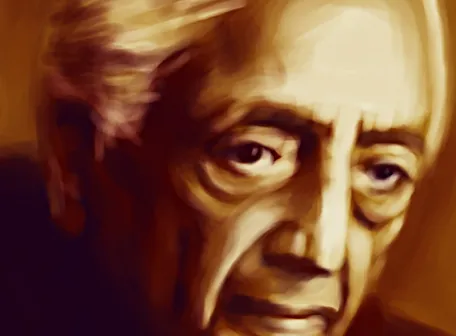
Spiritual Philospher, Mystic
Jiddu Krishnamurthy
World-renowned Philosopher Krishnamurthy’s views on spirituality and society have inspired the creation of Krishnamurthy schools and organizations throughout the world. His education philosophy is based on the following core beliefs:
Self-understanding, awareness and Self-Discovery.
Freedom and Independence
Cooperation
Mindfulness
Care for nature
Holistic perspective
Visit the following links to know more about his Philosophy and work:
Homepage | J. Krishnamurti (jkrishnamurti.org)
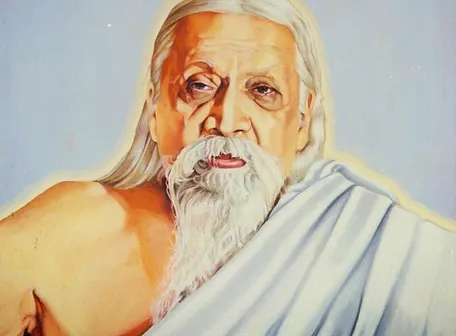
Poet, Yogi, Freedom fighter
Sri Aurobindo
Aurobindo is a well-known spiritual figure in India and around the world. His teachings have led to the creation of various organization from schools and colleges to ashrams and sustainable living societies. His education philosophy is closely linked to his spiritual views and experiences. Following are the core values of his education philosophy:
Holistic Development
Self-realization and Self-Discovery
Conscious Evolution
Harmony with nature
Social Transformation
To know more about his work, visit the following links:
Welcome to Auroville | Auroville
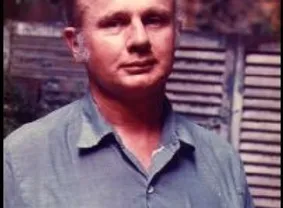
Educator
John Holt
John Holt was an American educator.
During his career in teaching, he became disillusioned with the education system and sought to reform it. His two popular books-‘How Children fail’ and ‘How Children Learn’ continue to inspire and serve as guides to parents and educators worldwide. Following are the key ideas communicated in his educational philosophy:
Child-Centered learning
Learning in the real-world
Learning through Play
Teachers as Facilitators
Parental Involvement
To know more about his work, visit the following links:
John Holt GWS
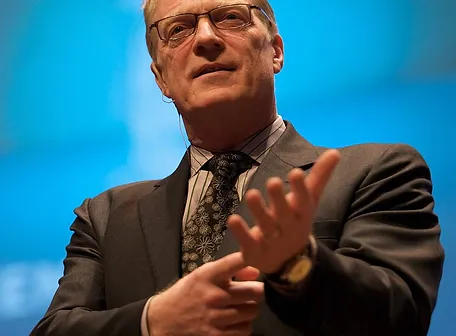
Educationalist
Ken Robinson
An educationalist from England Ken Robinson worked in the field of education transformation for more than a decade.
In 2007 his ted talk ‘Do schools kill creativity?’ went viral. The talk inspired parents, teachers and individuals from around the world to join the learning revolution.
Following are the core principles of his education philosophy:
Personalized Learning
Creative thinking
Multiple Intelligence and Learning Styles
Love for Learning
Holistic education
Reimagining Success
Sir Ken Robinson – The Official Website – Inspiring Creativity & Innovation for Future Generations
Do schools kill creativity? | Sir Ken Robinson – YouTube

